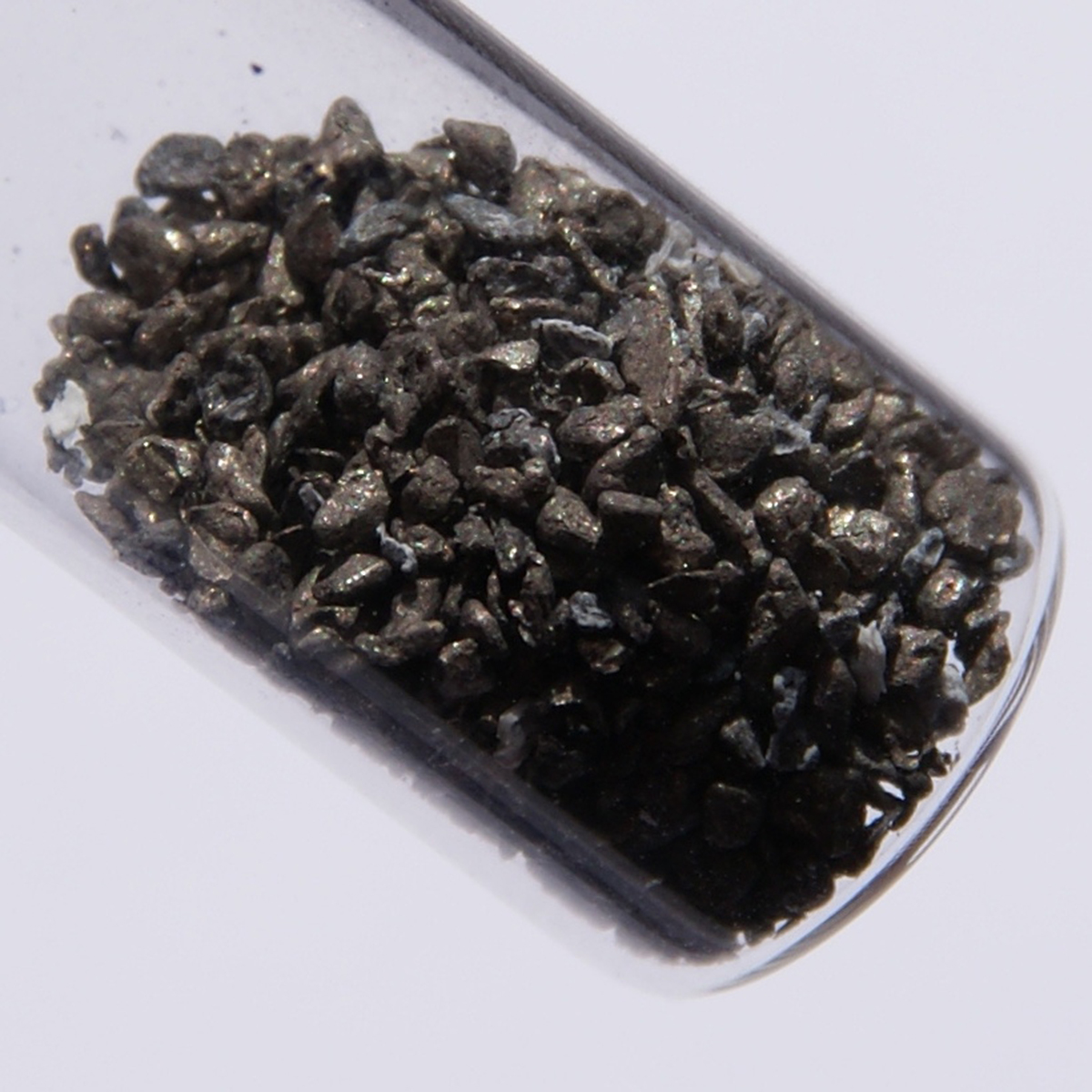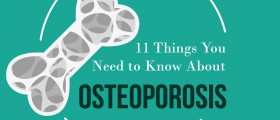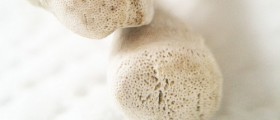
Calcium is one of the most important minerals and a crucial nutrient obtained from food. It is also the most abundant mineral in the human body. Calcium is a necessary component for a healthy diet as it builds stronger and denser bones in early life but also keeps them strong and healthy in later life. Around 99 percent of calcium present in the human body is stored in the bones and teeth. The rest of the calcium is involved in various processes such as neurotransmitter release, muscle contraction, electrical conduction system of the heart, etc. Long term deficiency of this important mineral can lead to poor blood clotting, rickets, and osteoporosis.
What are calcium deposits?
Calcium naturally builds up in the human bones and teeth. Since the human bones start to lose their density after the age of 30, it is very important to take adequate amounts of this mineral through a daily diet. People are advised to take about 1000mg of calcium daily, and upper intake limit is somewhere around 3000mg. The major part of calcium will go directly to the bones but one remaining percent goes straight into the soft tissues of the body. Sometimes, this allocation of calcium may go wrong, especially if people are taking too much of this mineral, and calcium may start to build up in the body. As a result, hard deposits may form and lead to bone spurs or hardening of the plaque in blood vessels. People deficient on vitamin D and vitamin K are at an increased risk of these complications.
Calcium deposits on bones
Calcium deposits on bones are actually accumulations of this mineral. Accumulation may start anywhere in the body and it often affects the bones. Accumulation starts as a soft deposit but gradually hardens and occasionally causes unpleasant symptoms. For example, if a calcium deposit forms on the heel, it may cause problems with walking and even result in local inflammation. Even though calcium deposits in bones may be very unpleasant, they usually do not require any kind of treatment and they are easily absorbed back into the body. The exact cause of calcium deposits in bones is yet unknown. However, they are not harmful to the body. In most cases, patients won’t have any complains, but if there is only minor pain present, people are advised to use an ice pack or some oral anti-inflammatory medications.

















Your thoughts on this
Loading...